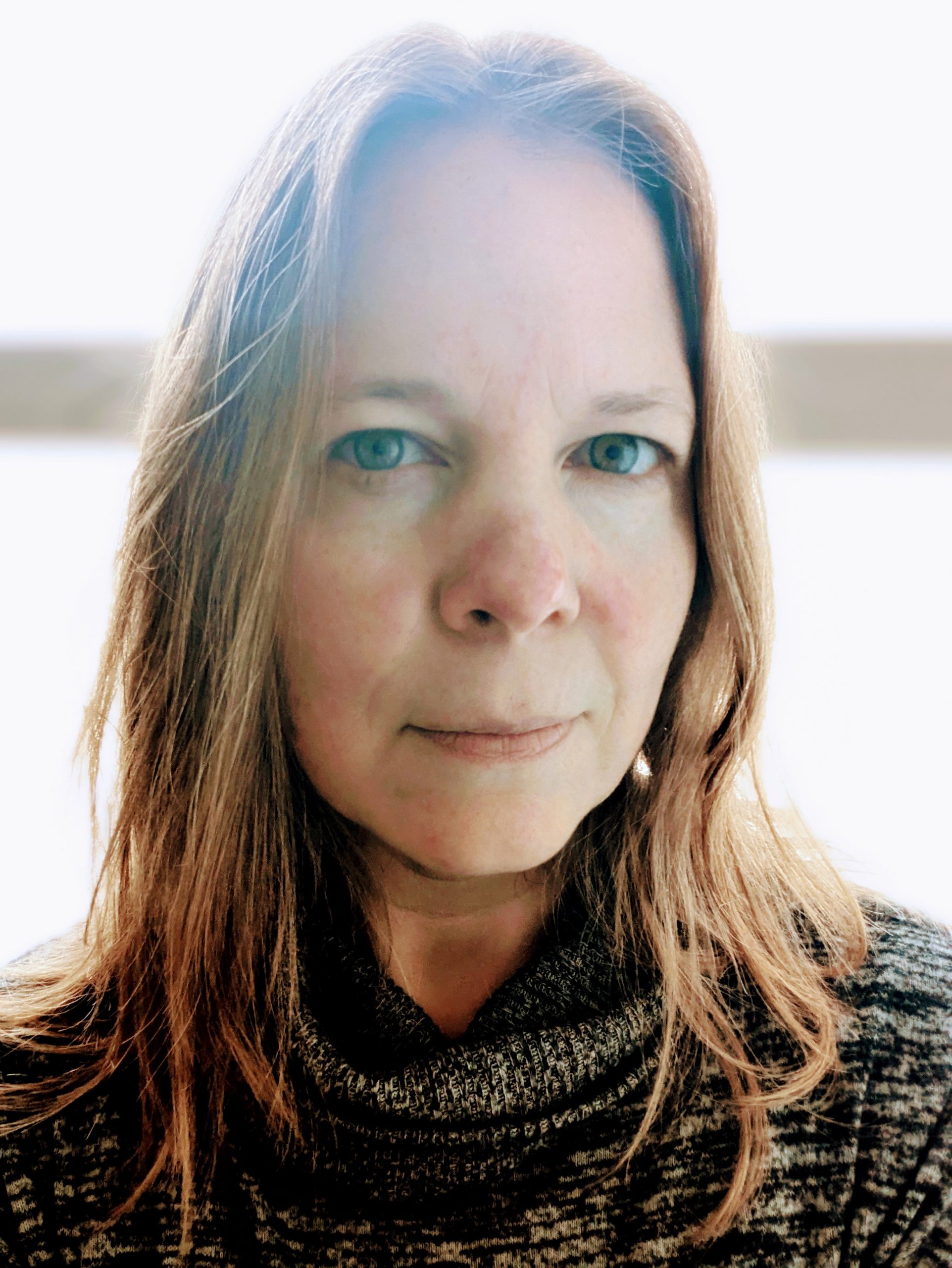
Welcome! If you’re here, and thinking about taking a philosophy course, you might also be wondering a little bit about who I am. I love asking and answering questions of all kinds – I wouldn’t be in this work if I didn’t. I grew up in a family with an active habit of lengthy and passionate discussions on a wide range of topics, and when I went to college I fell in love with philosophy after reading Augustine’s Confessions in a medieval philosophy class. I got my PhD from the University of Virginia after writing my dissertation on emotions and moral reasoning, and I’ve been fortunate to find job like this one that allow me to really focus on teaching work. It is the great privilege and joy of my life that I get to do this, and I’m grateful that we’re here together in this space.
.
My philosophy of teaching is that I’m a facilitator and a guide – but this is ultimately your journey. My job is to present our readings as clearly as possible, and to support you as you grapple with it. The questions we encounter are sometimes familiar, sometimes new, and often challenging – it’s okay to feel frustrated, confused, and a little uncertain! Insight, greater self-knowledge, and even beautiful moments of epiphany might be waiting on the other side of the struggle. And even if they aren’t, I’m still here for you as you keep going.
.
I design my courses so that if you put in the work, you can choose your grade (for more on that, you can check out my FAQ on
Labor-based Grading: What, and Why). We are often going through a lot in our lives outside of the classroom, and finding ways to make space for your personal challenges – mental health struggles, parenting with sporadic childcare, working and going to school, having insecure housing – is important to me as an equity issue. We show up in classes as humans with a diverse variety of experiences, and we live in a world that doesn’t treat everyone equitably. In my courses, we are honest and open about the promise but also the perils of Western philosophy, including its omission of many different people and voices. We address that legacy, and seek out ways to move beyond it.
.
Why should you try out philosophy? Well, you’ve already been doing this work your whole life: thinking about questions and trying to find the answers, wondering about meaning, working to thoughtfully defend things you believe in and support. Taking a class gives you even more tools (terminology, concepts, a context), plus a community of fellow learners. Philosophy asks us to engage with complicated questions carefully, a much-needed skill in our complex and ever-changing world; it’s valuable for us as persons, partners, employees, friends, and creators.
What do I love when I’m not in the classroom? If I had a day of complete free time, I’d be going for a run, learning how to keep plants alive, and watching movies and shows. I share my life with other beings, including two dogs, two kids, and my husband, so the days are full and sometimes frenetic.

